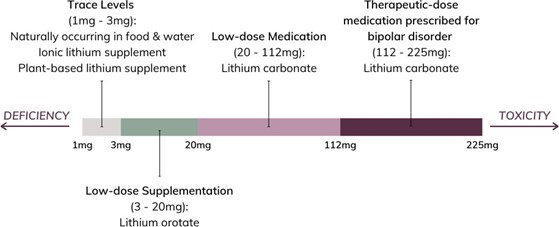The nurse used the term “labile” in describing a client’s mood and behavior. What does this term indicate?
The client is angry and showing signs of hostility.
The client is overreactive and euphoric.
The client is sad and withdrawn.
The client has mood swings and is unpredictable.
The Correct Answer is D
The term “labile” means that something is unstable or constantly changing. In the context of mood and behavior, it indicates that the client’s mood and behavior are unpredictable and subject to rapid changes.
Received message. The correct answer is d. The client has mood swings and is unpredictable. The term "labile" means that something is unstable or constantly changing. In the context of mood and behavior, it indicates that the client's mood and behavior are unpredictable and subject to rapid changes.
Nursing Test Bank
Naxlex Comprehensive Predictor Exams
Related Questions
Correct Answer is ["15"]
Explanation
The nurse would administer 15 mL of lithium syrup per dose. This is calculated by first determining the amount of lithium in each mL of syrup: 600 mg / 5 mL = 120 mg/mL. Then, the desired dose of 1800 mg is divided by the concentration of lithium in each mL of syrup: 1800 mg / (120 mg/mL) = 15 mL.

Correct Answer is B
Explanation
The Americans with Disabilities Act (ADA) was signed into law on July 26, 1990. The ADA prohibits discrimination against individuals with disabilities in employment, public accommodations, transportation, and other areas of society. The law defines a disability as a physical or mental impairment that substantially limits one or more major life activities.
While mental illness was not specifically mentioned in the text of the ADA, it was included in the law's definition of disability. This meant that individuals with mental illnesses were protected under the law and could not be discriminated against in the same way as individuals with physical disabilities.
The ADA was a significant milestone in the recognition of mental illness as a legitimate disability, and it helped to promote greater understanding and acceptance of individuals with mental health conditions.
Whether you are a student looking to ace your exams or a practicing nurse seeking to enhance your expertise , our nursing education contents will empower you with the confidence and competence to make a difference in the lives of patients and become a respected leader in the healthcare field.
Visit Naxlex, invest in your future and unlock endless possibilities with our unparalleled nursing education contents today
Report Wrong Answer on the Current Question
Do you disagree with the answer? If yes, what is your expected answer? Explain.
Kindly be descriptive with the issue you are facing.
